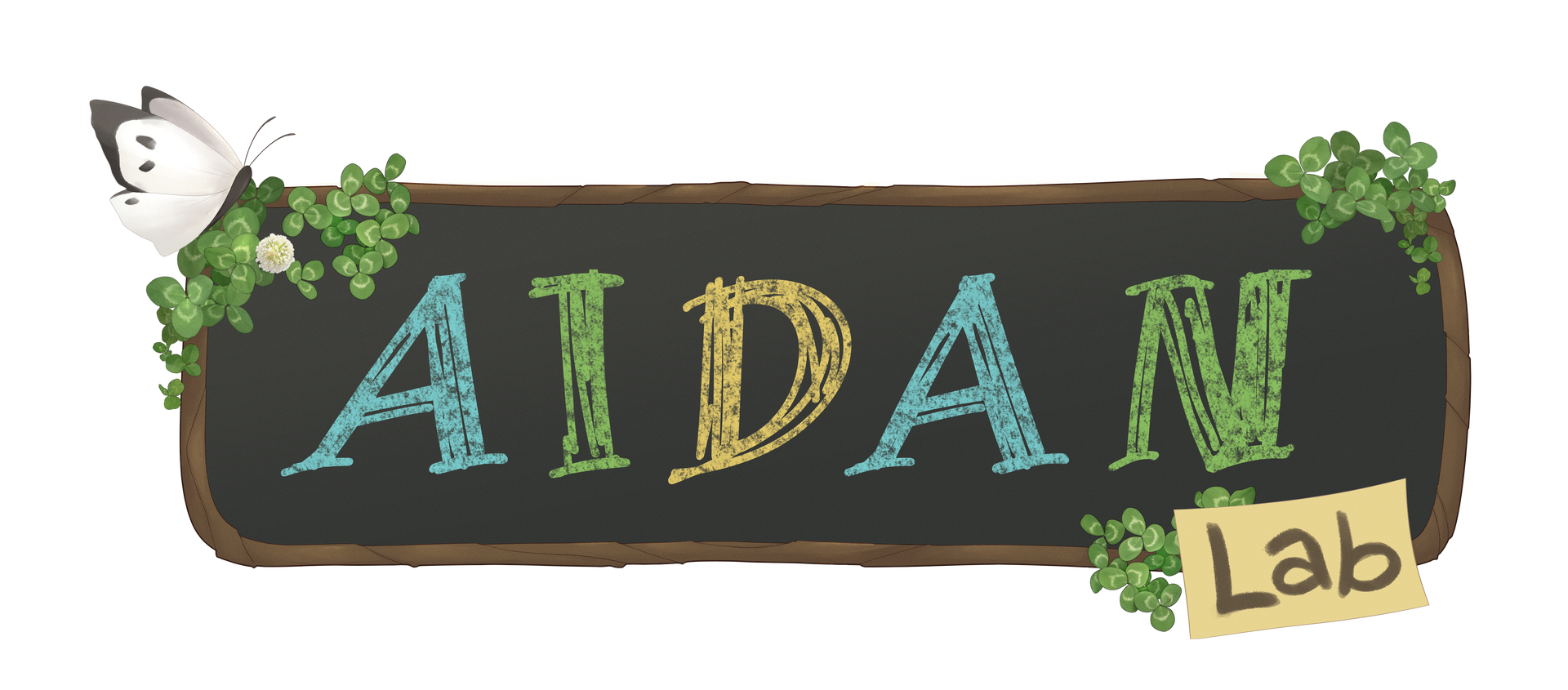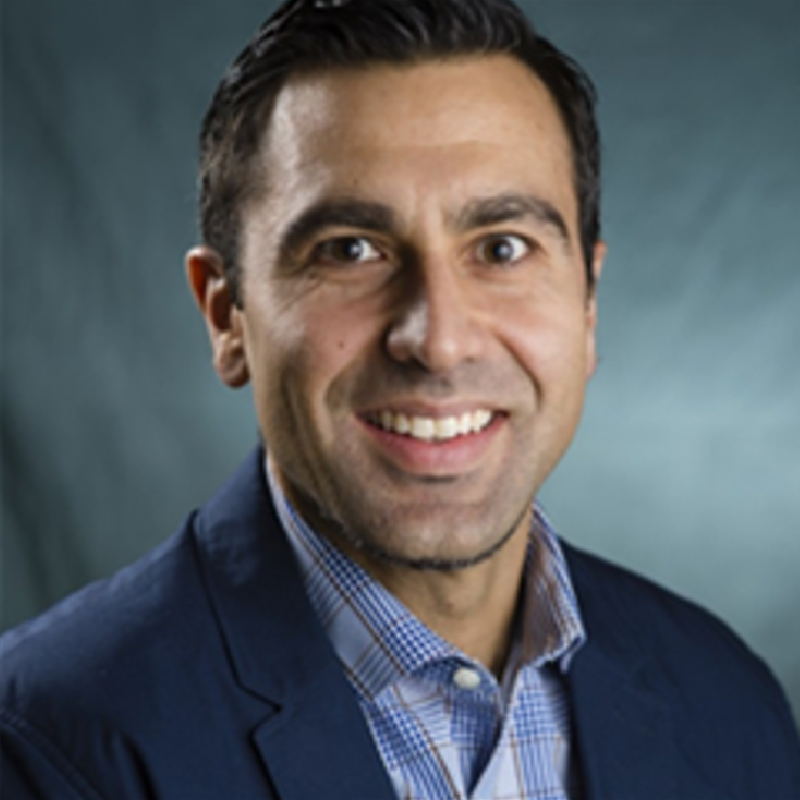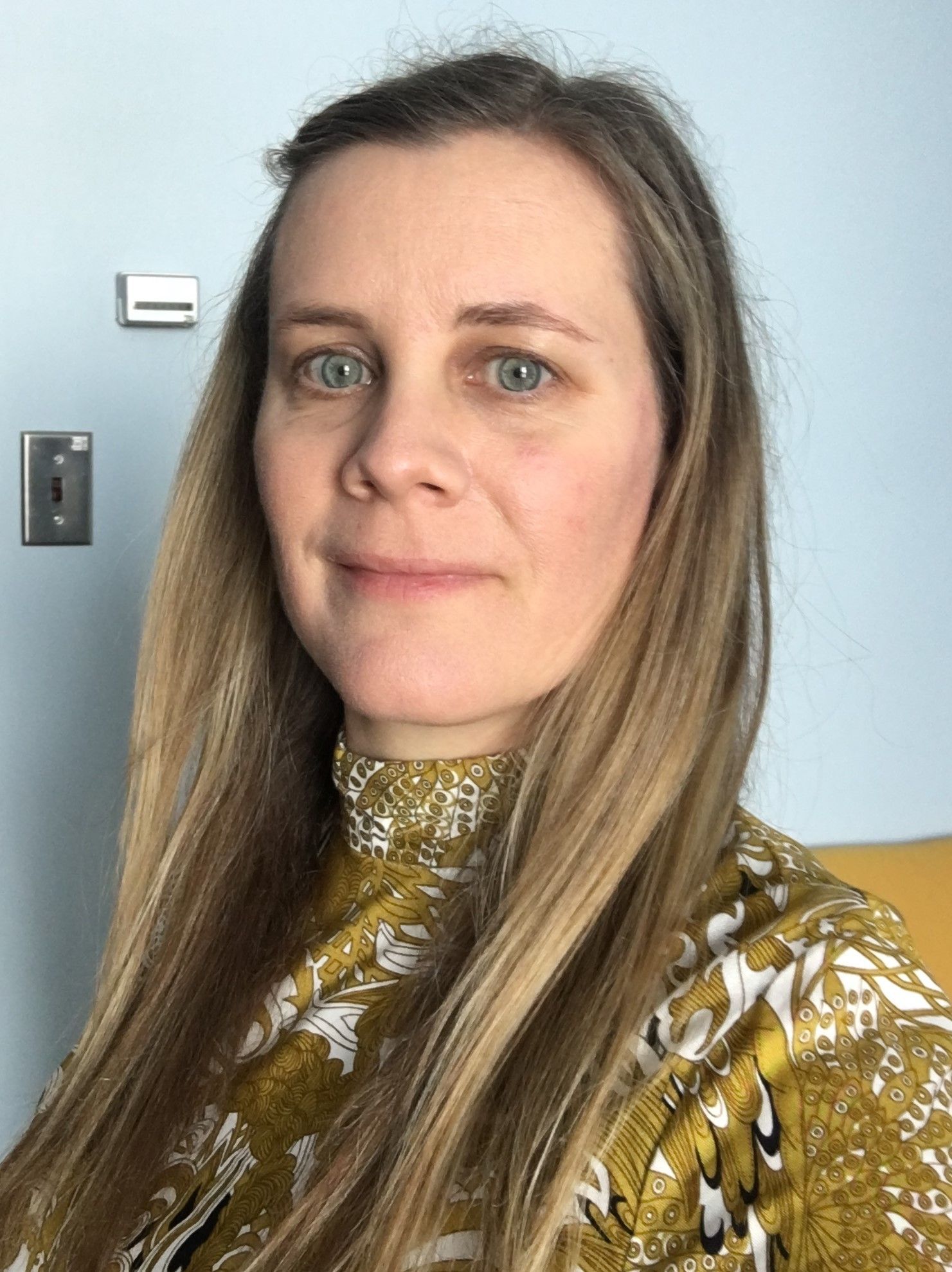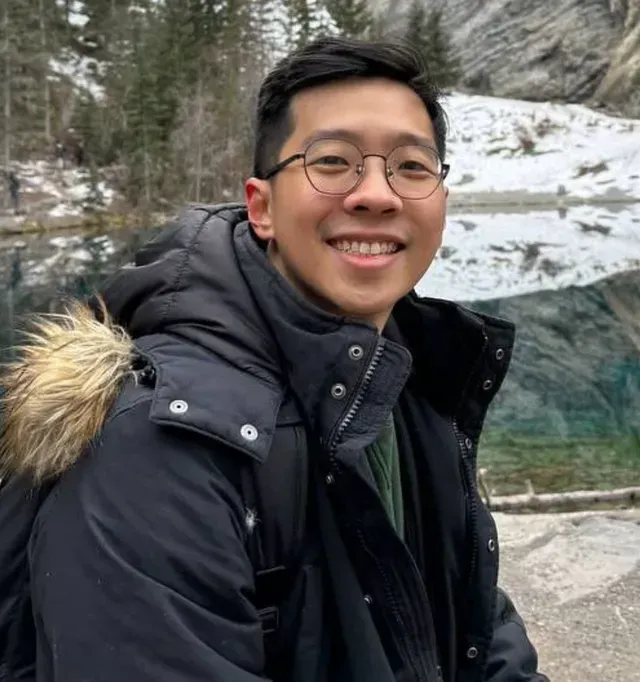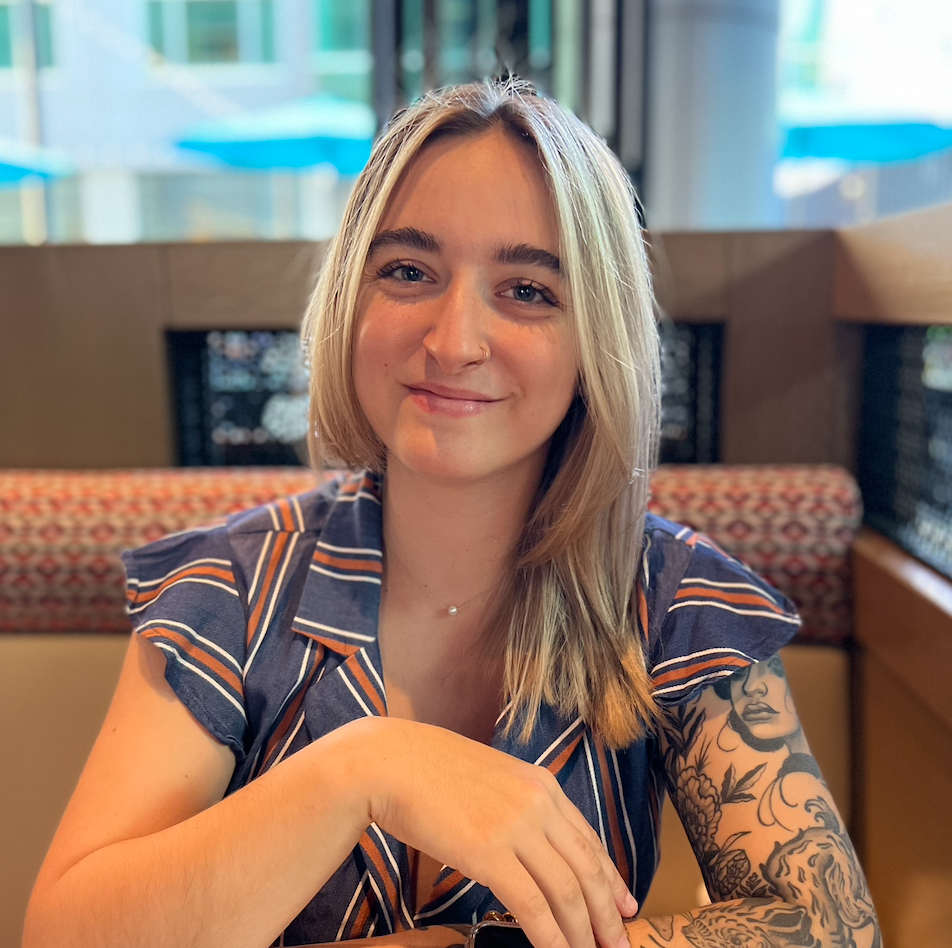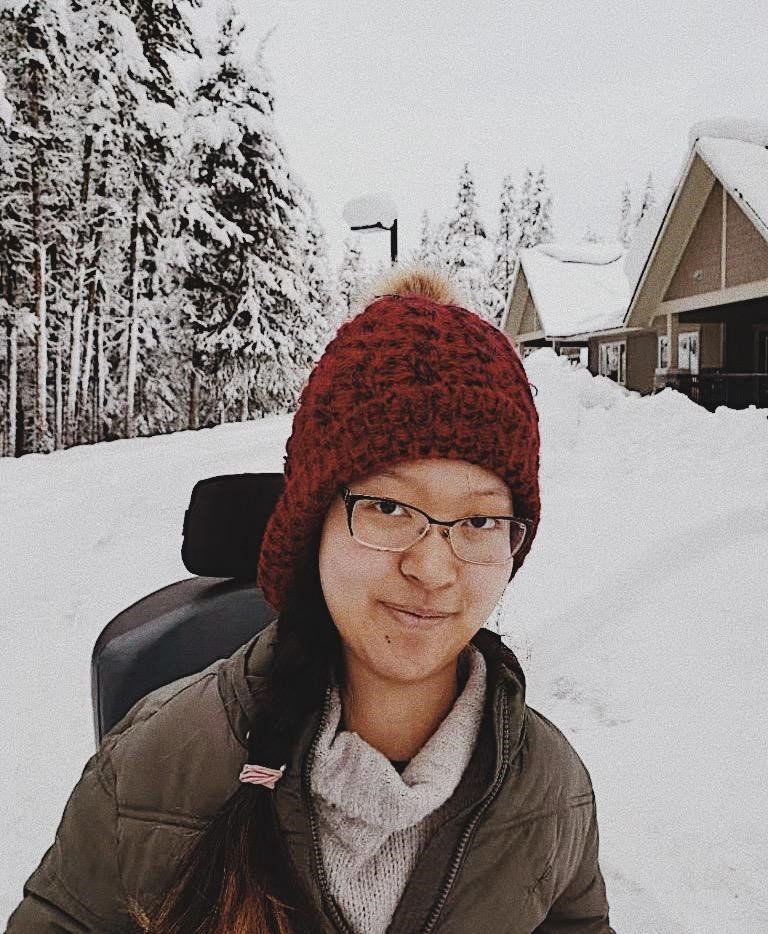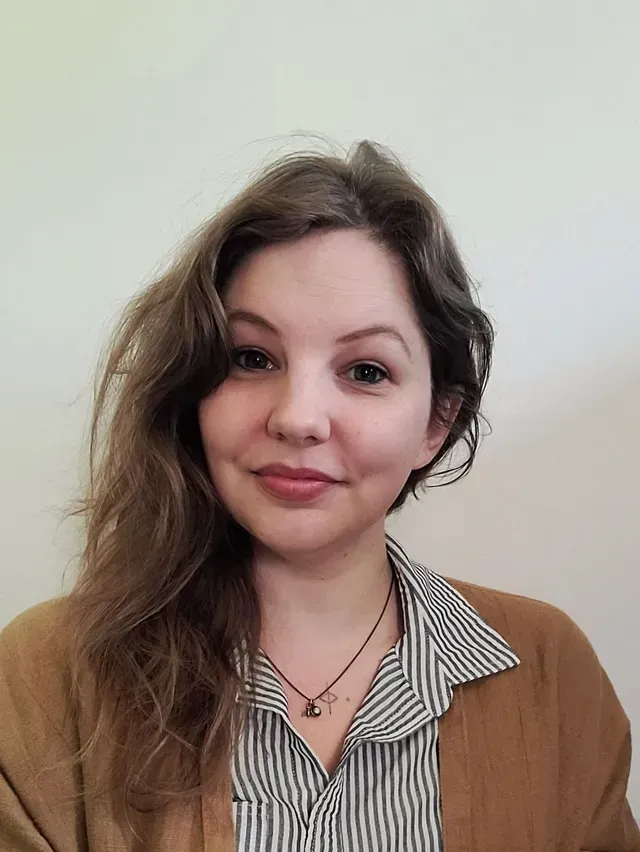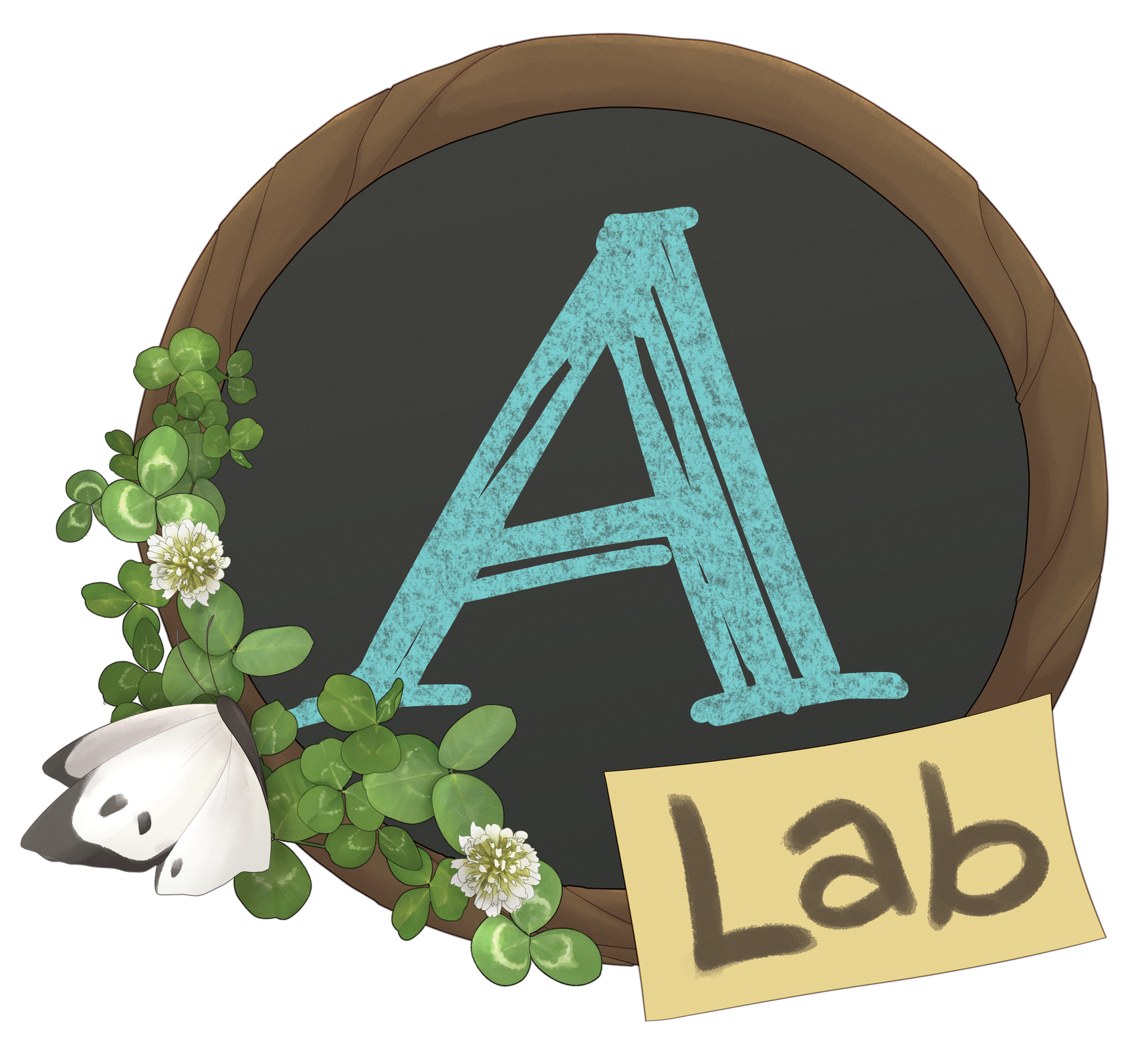Campus Belonging
Advancing Post-Secondary Opportunities for Autistic Students
Approximately 6,000 Canadian Autistic youth become adults each year, yet many do not graduate from post-secondary and often feel disconnected from campus life. At the same time, “we are lacking up-to-date data on the prevalence and context of autism within the Canadian post-secondary education system … [which makes it] challenging to adequately understand what supports are needed for Canadian Autistic students” (Ames et al., 2022, p. 6). Accordingly, Autistic post-secondary students face many barriers which are not yet well understood or addressed.
Drawing on a participatory action approach based in a critical disability orientation, this project will identify facilitators and barriers to autistic PS students’ sense of belonging on campus i.e., “the extent to which students feel personally accepted, respected, included, and supported by others in the school environment” (Goodenow & Grady, 1993, p. 60).
OUR RESEARCH QUESTIONS
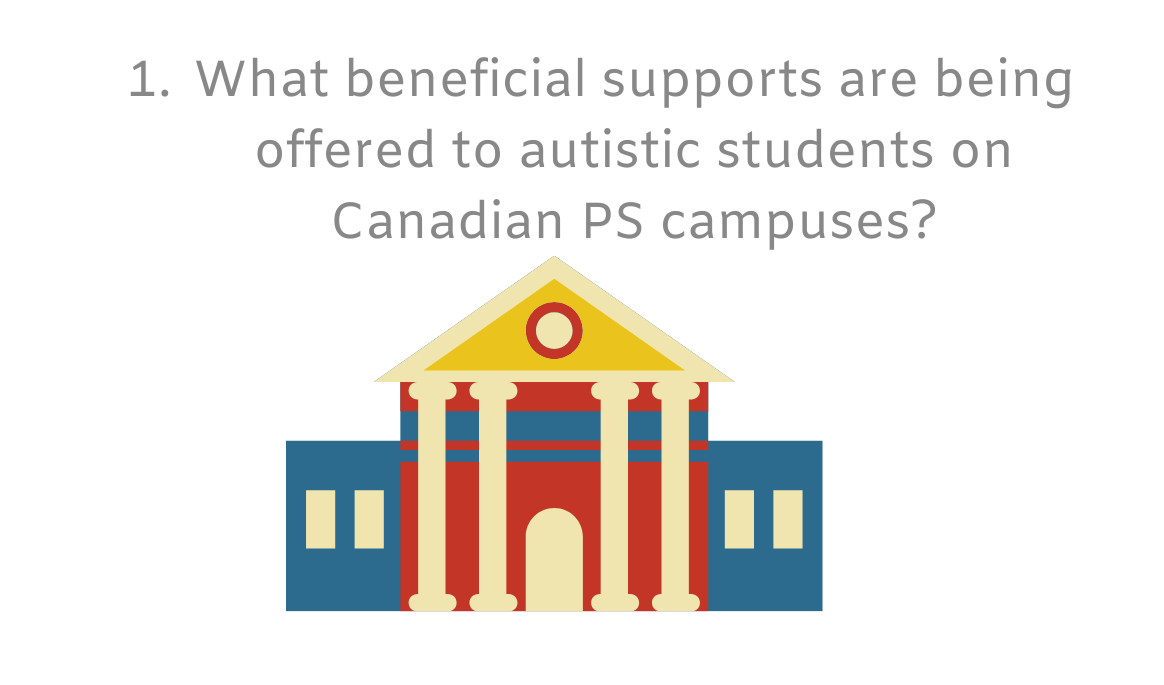
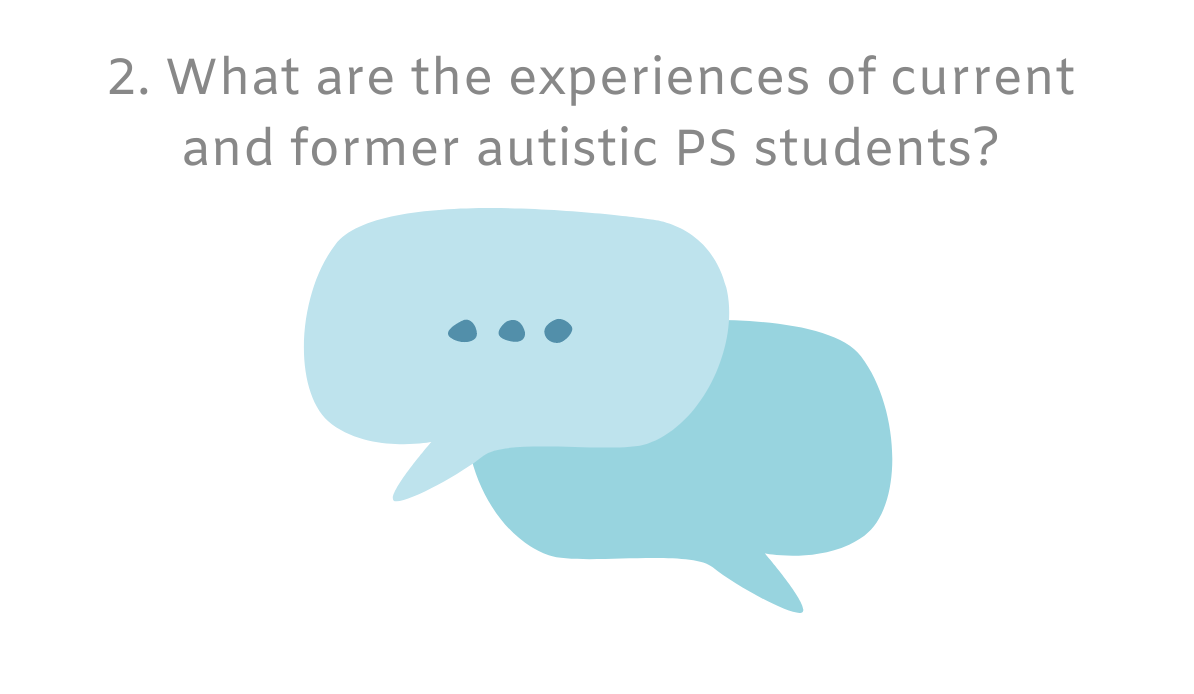
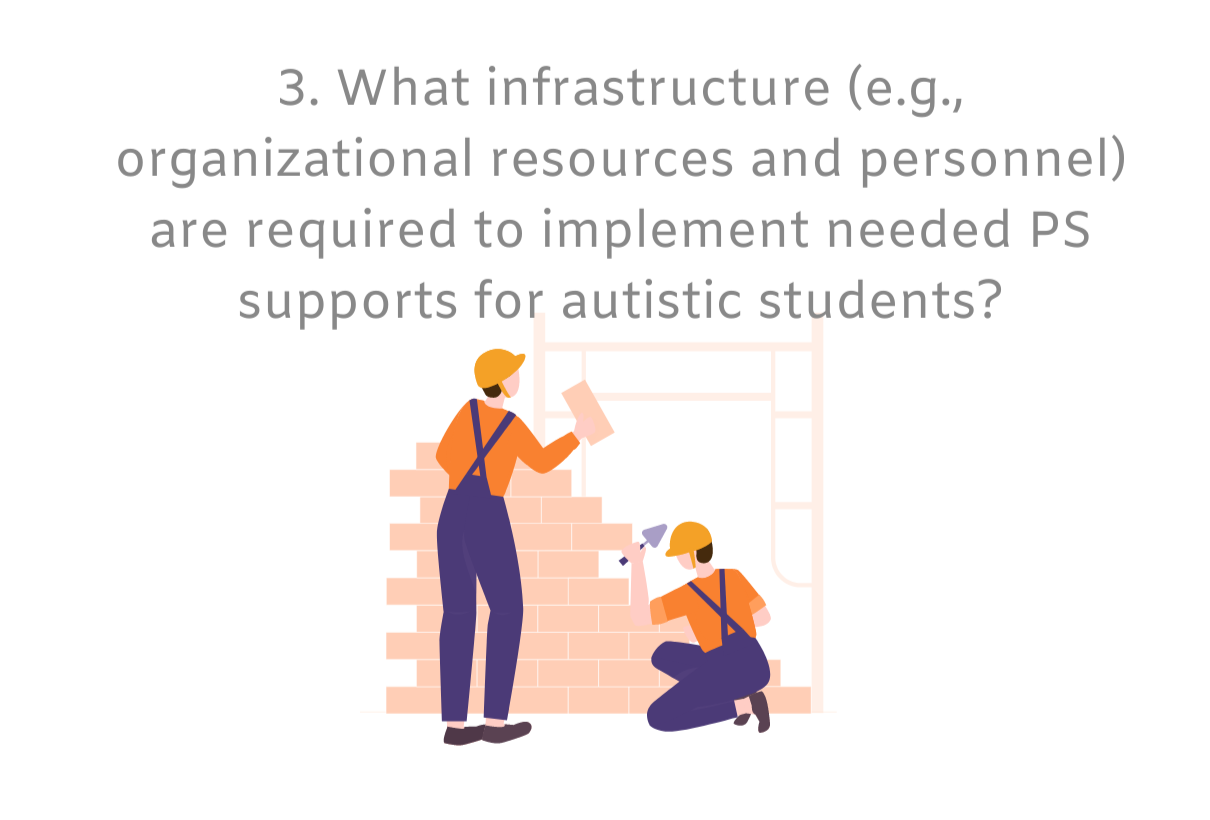
Phase 1 of this study aims to develop and refine ‘on the ground’ guidelines and strategies for enhancing autistic PS students’ sense of belonging.
Phase 2 aims to promote social mobilization by (first) building empathy in PS staff; (second) by identifying institutional practices (‘bright spots’) that have promoted belonging and success for autistic PS students in Canada; and (third) by recommending enhanced strategies and practice-based policies that advance inclusion, a sense of belonging and accessibility.
View this video produced by the Council of Ontario Universities, where Heather Brown discusses her own experiences as an Autistic post-secondary student, through her undergraduate and graduate experiences.

WHO ARE WE?
The Campus Belonging Network is a large and diverse team consisting of neurodivergent and neurotypical members including faculty, staff, students and community members
City skyline
Co-PI: Dr. Heather M. Brown, Associate Professor, Autistic Advocate, Faculty of Education: University of Alberta
Birthday Sparks
Co-PI: Dr. Briano Di Rezze (Ph.D, OT Reg. (Ont.) Associate Professor, School of Rehabilitation Science: McMasters
Fashion Magazine
Dr. Sandy Thompson-Hodgetts (Ph.D, OT) Associate Professor, Rehabilitation Medicine: University of Alberta
Blurred Lines
Dr. David Nicholas (Ph.D, RSW) Associate Professor, Faculty of Social Work: University of Calgary
City skyline
Tara Connolly Assistant Director, Research and Development, READ (Research, Education, Accessibility, & Design) Initiative, Carleton University
Birthday Sparks
Dr. Patty Douglas (Ph.D) Associate Professor, Disability Studies/Inclusive Education: Queen's University
Fashion Magazine
Dr. Carly McMorris (Ph.D) Associate Professor, R. Psych, Education: University of Calgary
Blurred Lines
Dr. Megan Ames (Ph.D) Associate Professor, R. Psych, Education: University of Calgary
City skyline
Dr. Michelle Searle (Ph.D) Assistant Professor, Faculty of Education: Queen's University
Birthday Sparks
Jess Lopez Neurodiversity Support Advisor: University of Calgary
Fashion Magazine
Dr. Claudius Soodeen (EdD) Instructor, University of Winnipeg; Faculty Development Consultant, Red River College Polytech
Blurred Lines
Patrick Dwyer (Ph.D) Autistic Researcher
Graduate, Undergraduate, Administrative Team Members
Autistic Community Partners (ACP)
Engaging autistic individuals as co-researchers is crucial to ensuring that autism research focuses on 'issues of immediate practical concern' to improve autistic well-being, as defined by them'
(Pellicano et al., 2014) . We are committed to:
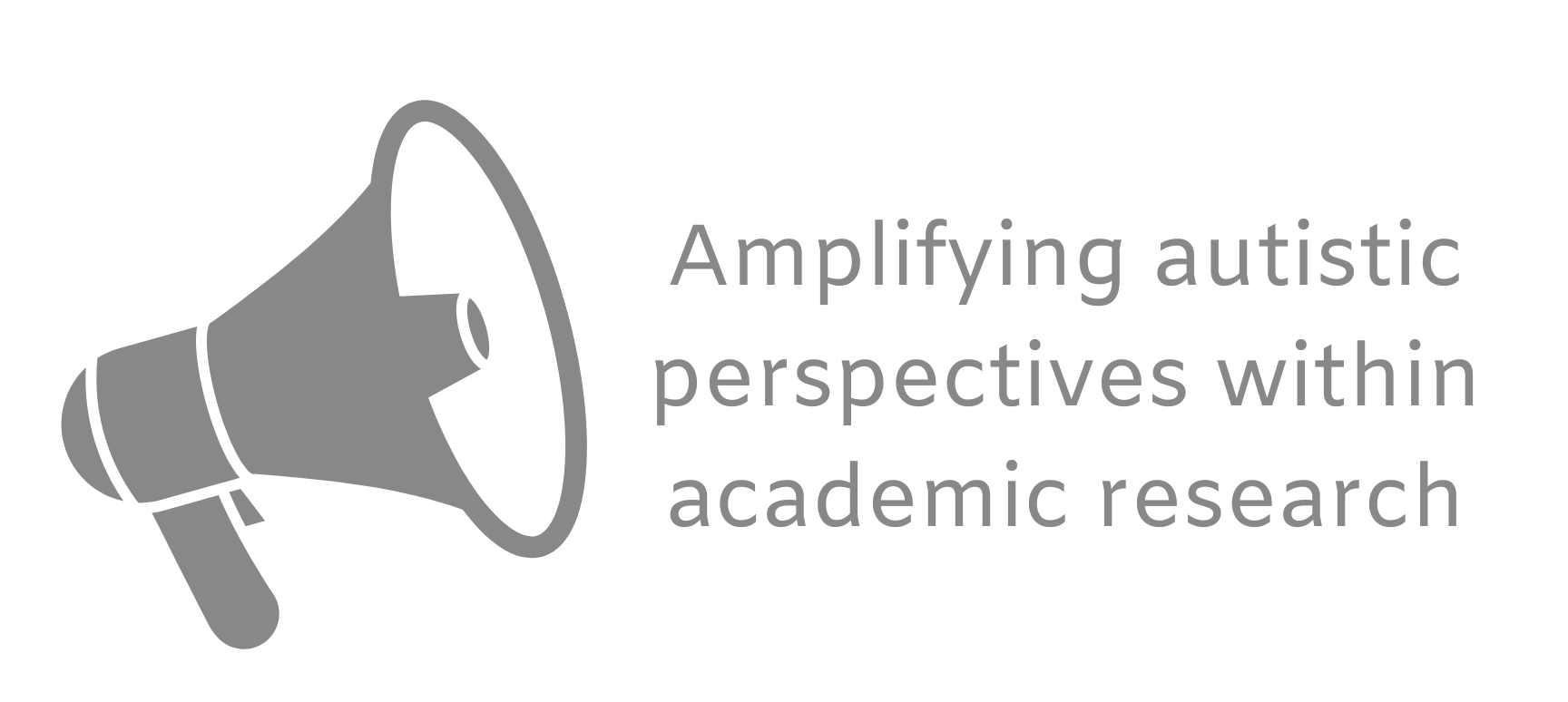
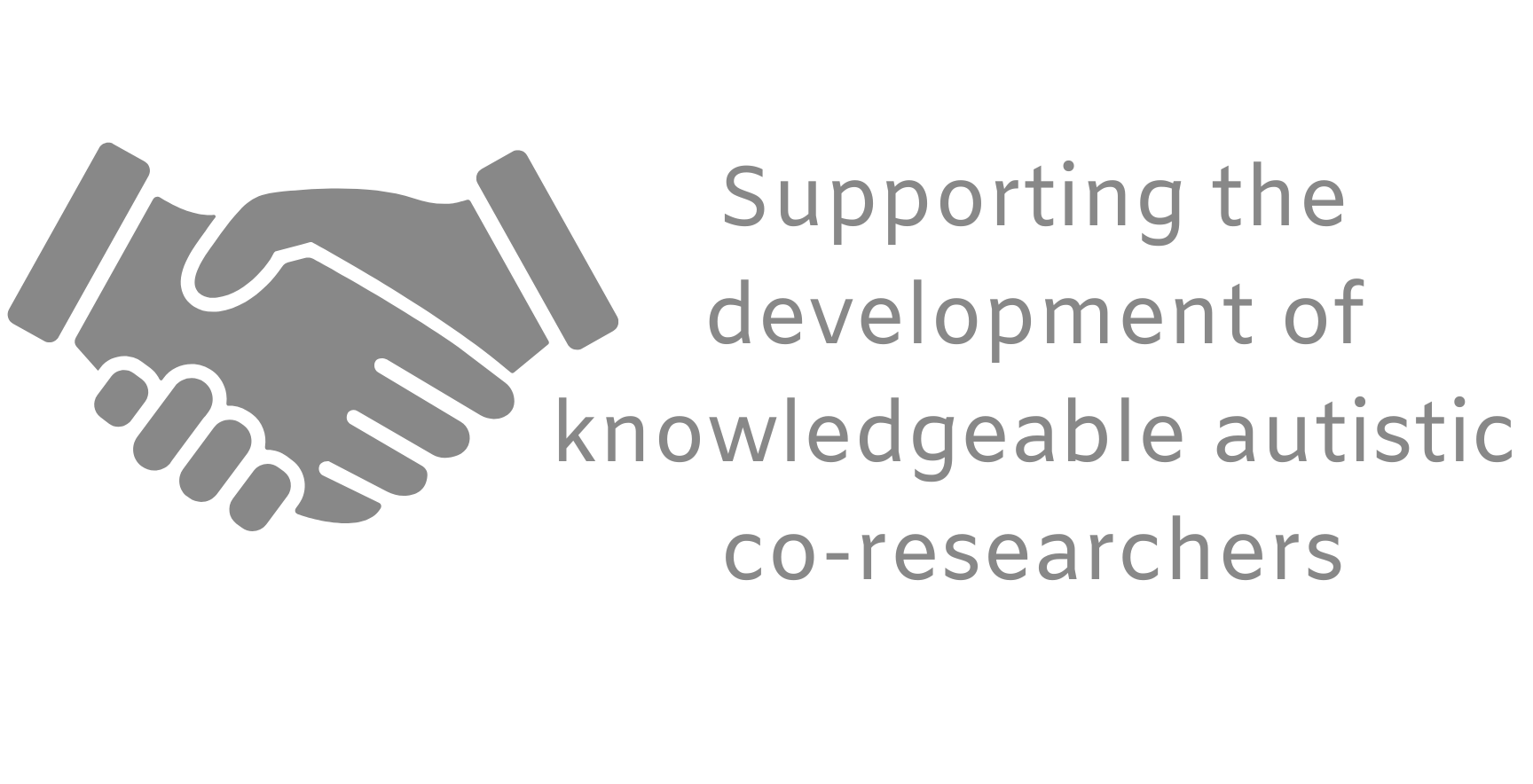
ACPs receive support & training in
Research processes
Research ethics
Qualitative interviewing
ResponsibilitieS
- ACPs participate in monthly virtual meetings
- ACPs review and give feedback on research plans and materials
- ACPs work collaboratively with Autistic faculty and graduate student researchers from the project’s steering committee
- ACPs support all aspects of the project from design to dissemination
Our research practices are deeply enriched by these perspectives, ensuring that the narrative we craft through our research resonates with and earns the pride and belief of the autistic community
Impacts of the Campus Belonging Network
Our project aims to have an immediate and sustained impact on the ability of Canadian PS institutions by increasing the effectiveness of their practice, programs, and policy through our depth and breadth of exploration; our strong focus on capturing autistic and staff perspectives on fostering belonging; and its participatory co-design approach that seeks connect this work with a clear course of action.
We will mobilize the knowledge created by the Campus Belonging Network to reach:
- University personnel and PS institutions, who will benefit from the promising institutional and educational approaches identified by our work that promote engagement, inclusion, and a sense of belonging in autistic PS students;
- Autistic PS students, who are expected to benefit through sharing their personal experiences to affect social change, and through our network’s knowledge mobilization efforts (notably, our Digital Stories aimed at dispelling myths and showcasing autistic strengths); and
- Members of the community, who are expected to benefit from our open-access publications, Digital Stories, infographics, and lay summary reports, all of which will highlight promising strategies for fostering belonging and academic success of autistic PS students in Canada.
References
- Brown, H. M., Ryan, J., Coombs, E., Crerar, A., Devlin, C., Bendevis, C., ... & Nicholas, D. B. (2023). Promoting Meaningful Collaboration between Autism Researchers and the Autistic Community: An Example from the Campus Belonging Network. INSAR 2023.
- Cornwall, A., & Jewkes, R. (1995). What is participatory research? Social Science & Medicine (1982), 41(12), 1667-1676. https://doi.org/10.1016/0277-9536(95)00127-S
- Cooperrider, D.L., Whitney, D., & Stavros, J.M. (2008). Part1: Essential elements of appreciative inquiry in Appreciative inquiry handbook: For leaders of change (2nd ed., pp. 36-39). Crown Custom Publishing.
- Fletcher-Watson, S., Adams, J., Brook, K., Charman, T., Crane, L. Cusack, J., Leekam, S., Milton, D., Parr, J.R., & Pellicano, E. (2019). Making the future together: Shaping autism research through meaningful participation. Autism, 24(4), 943-953.
https://doi.org/10.1177%2F1362361318786721
- Nelson, H., Switalsky, D., Ciesielski, J., Brown, H. M., Ryan, J., Stothers, M., Coombs, E., Crerear, A., Devlin, C., & Bendevis, C. (2023). A scoping review of supports on college and university campuses for Autistic postsecondary students. Frontiers in Education, 8, 1-16.
https://doi.org/https://doi.org/10.3389/feduc.2023.1179865 (Educational Approaches for Promoting Neurodivergent Health, Well-Being, and Thriving Across the Life Course)
- Pellicano, E., Dinsmore, A., & Charmna, T. (2014). What should autism research focus upon? Community views and priorities from the United Kingdom. Autism, 18(7), 756-770.

